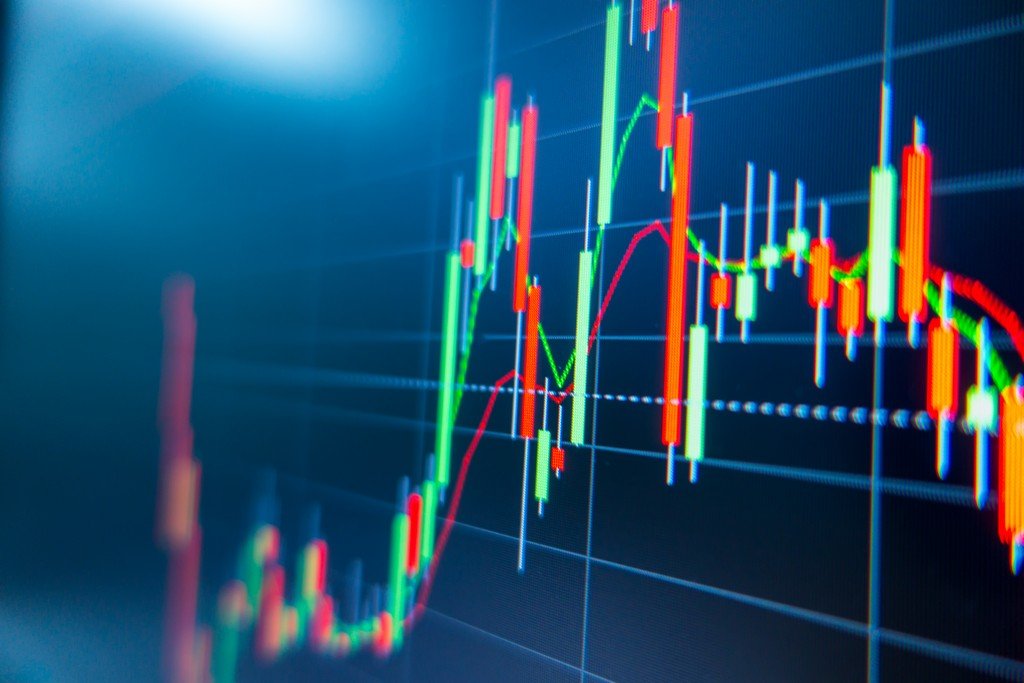Inflation surged in June at its fastest pace in nearly 13 years amid a burst in used vehicle costs and price increases in food and energy, the Labor Department reported Tuesday. The consumer price index increased 5.4% from a year earlier, the largest jump since August 2008, just before the worst of the financial crisis. Economists surveyed by Dow Jones had been expecting a 5% gain. Stripping out volatile food and energy prices, the core CPI rose 4.5%, the sharpest move for that measure since September 1991 and well above the estimate of 3.8%.
On a monthly basis, headline and core prices rose 0.9% against 0.5% estimates. Stock market futures fell following the report, while government bond yields, which have been down precipitously, were mixed. A separate report from the Labor Department’s Bureau of Labor Statistics noted that the big monthly hike in consumer prices translated into negative real wages for workers. Real average hourly earnings fell 0.5% for the month, as a 0.3% increase in average hourly earnings was more than negated by the CPI increase.
Inflation has been escalating due to several factors, including supply-chain bottlenecks, extraordinarily high demand as the Covid-19 pandemic eases and year-over-year comparisons to a time when the economy was struggling to reopen in the early months of the crisis. Policymakers at the Federal Reserve and the White House expect the current pressures to begin to ease, though central bank officials have acknowledged that inflation is stronger and perhaps more durable than they had anticipated.
Fed Chairman Jerome Powell likely will be asked for his views on inflation when he speaks Wednesday and Thursday to separate House and Senate panels. Powell has been steadfast that inflationary pressures are primarily transitory, though a Fed report Friday indicated that upside risks are increasing.
Food and energy prices also were up substantially, 0.8% and 1.5% respectively. The gasoline index rose 2.5% in June and is up 45.1% over the past 12 months. Food has increased 2.4% in the past year. Consumers see prices overall up 4.8% in the next 12 months, according to a New York Fed survey released Monday, though a separate survey from Bank of America out Tuesday indicated that professional investors are more inclined to believe that inflation will be temporary.
Inflation climbs higher than expected in June as price index rises 5.4%, CNBC, Jul 14
